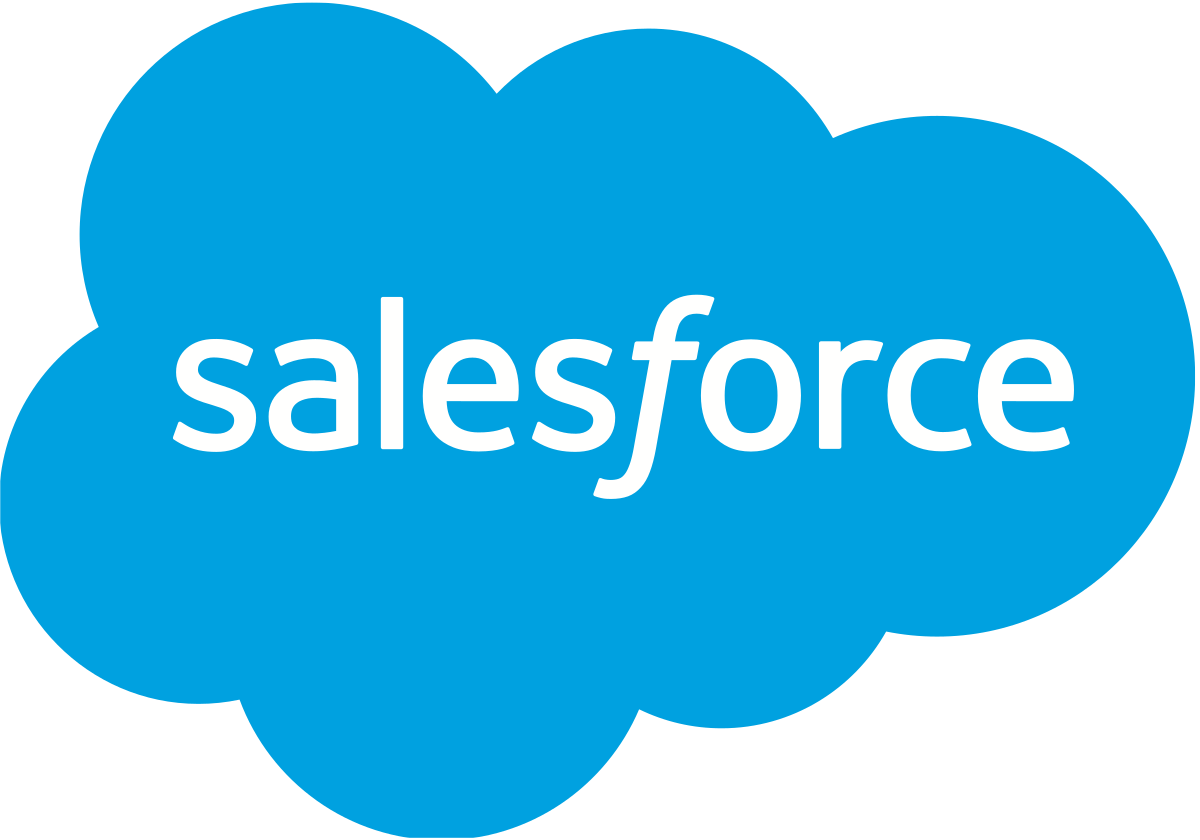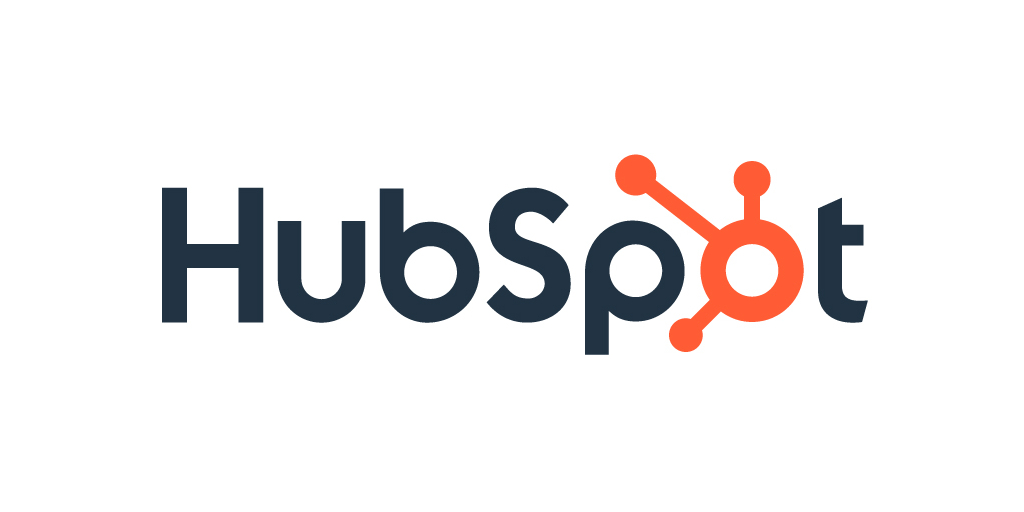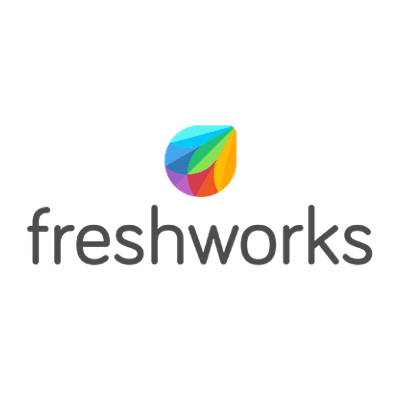In the digital arena of the 21st century, Customer Relationship Management (CRM) software has flourished as the quintessential tool for small businesses looking to foster stronger client relationships and streamline their sales processes. With a surge in market offerings, selecting the right CRM has become an art in its own right, balancing the nuances of features, pricing, and compatibility with your business’s unique structure and objectives.
Understanding the nuances of each CRM software is pivotal to harnessing its full potential. We’ll take you through an in-depth comparison of the most popular CRM software for 2023, guiding you towards making an informed decision that could transform your business’s operations and bottom line.
Introduction to CRM Software
If you’re in the realm of small business, marketing, or sales, the term “customer relationship management” is more than just a buzzword; it’s an operational lifeline. CRM software, at its core, assists businesses in managing interactions with prospective and current customers. From contact management to sales analytics, from lead tracking to pipeline management, a robust CRM system can become your business’s backbone, helping you market smarter, sell better, and provide stellar customer service.
Investing in the right CRM software isn’t just a matter of keeping up with the times; it’s an assured step towards fostering growth, customer satisfaction, and a more refined sales strategy.
The Top 5 Most Popular CRM Software in 2024
Navigating the plethora of CRM systems available can be daunting. The five heavy-hitters in the CRM domain for 2024, renowned for their extensive functionalities and user-friendly interfaces, are Salesforce, HubSpot, Zoho CRM, Pipedrive, and Freshworks CRM. Each of these CRMs caters to a specific business niche, and we will break down their salient features, pricing structures, and the kind of businesses that can leverage their benefits most effectively.
1. Salesforce

Launching the roster is Salesforce, behemoth of the CRM world and trailblazer of cloud-based software. Recognizable for its suite of sales, marketing, and service products, Salesforce has cemented itself among the top CRM platforms, suitable for businesses of all sizes.
Features
Salesforce boasts an expansive range of features, from lead generation and analytics to a robust app marketplace, where users can tailor their CRM to the specific needs of their industry.
Pricing
Salesforce operates on a tiered pricing system, which includes plans specialized for small businesses. However, its renowned robustness comes with a corresponding price, positioning it at the higher end of the scale compared to other CRMs.
Intented Users
This CRM is best suited for businesses that demand a high level of customizability, scalability, and comprehensive CRM features to manage sales and marketing efforts in real-time.
2. HubSpot

HubSpot, a pioneer in the inbound marketing movement, offers a free CRM platform that is incredibly popular among small businesses looking to dip their toes into CRM capabilities without a hefty price tag.
Features
HubSpot CRM provides an intuitive, easy-to-use system that integrates seamlessly with the full suite of marketing, sales, and service tools that HubSpot has to offer.
Pricing
While its core CRM is free, HubSpot does offer additional functionalities as part of its paid Marketing, Sales, and Service Hubs.
Intended Users
Specially designed for businesses with a growth mindset, HubSpot provides a powerful analytics suite, email marketing features, and contact management capabilities, making it ideal for businesses looking to synchronize their sales and marketing activities for optimized customer engagement.
3. Zoho CRM

Zoho CRM is a contender that strikes a chord with its balance of powerful features and a more budget-friendly price tag.
Features
Zoho CRM offers a plethora of features out of the box, including sales automation, process management, and team collaboration tools, all nestled within an easy-to-navigate interface.
Pricing
Zoho CRM offers a free version for up to three users and has paid plans that are relatively more affordable, making it a strong choice for cash-strapped small businesses looking for robust CRM solutions.
Intended Users
Zoho CRM caters to a variety of industries and is a solid choice for businesses seeking a cost-effective, yet comprehensive, CRM experience with scalable options for growth.
4. Pipedrive

Next up is Pipedrive, celebrated for its clean and visual sales pipeline design that has won the hearts of many sales teams due to its user-friendly approach to deal management.
Features
Pipedrive is a dedicated sales CRM with a strong focus on pipeline management, providing detailed sales reporting and forecasting tools that empower sales professionals with actionable insights.
Pricing
Pipedrive offers affordable, tiered pricing plans that align with the needs of small businesses, making it a favorite for its quality-to-price ratio.
Intended Users
Sales-driven businesses that value simplicity, visual aid, and want to nail down their pipeline visualization would find Pipedrive the ideal match for their operational requirements.
5. Freshworks CRM

Freshworks CRM, formerly Freshsales, rounds off our top five, excelling in sales lead tracking and customer service integration for a complete 360-degree view of customer interactions.
Features
This CRM delivers a robust range of sales and marketing features, including AI-based lead scoring and a built-in phone system that facilitates comprehensive customer engagement.
Pricing
Freshworks CRM offers a cost-effective solution with multiple plans tailored to different business sizes, ensuring that small businesses don’t have to break the bank for CRM functionality.
Intended Users
Small businesses looking to optimize their customer management strategy with detailed insights and advanced tools, while keeping costs under control, would find Freshworks CRM an attractive proposition.
In-depth Comparison of CRM Features
Feature-comparisons can be pivotal in distinguishing which CRM would integrate most harmoniously with your business processes. Here’s a breakdown of how each CRM performs across various features essential to small businesses:
Customization:
Salesforce outshines competitors with its unparalleled customization options. HubSpot follows closely, providing a high degree of flexibility within its user interface. Zoho CRM also delivers a robust suite of customization tools, fitting well with businesses looking to personalize their CRM experience. Pipedrive and Freshworks CRM are slightly more rigid in terms of customization but offer simplicity for sales-oriented teams.
Lead Management:
All five CRMs provide lead management features, yet with nuances that can be significant. Salesforce, HubSpot, and Zoho CRM offer a multitude of tools for lead scoring, nurturing, and segmentation. Pipedrive and Freshworks CRM focus more directly on sales deal development within their lead management paradigms.
Integrations:
Salesforce excels here with its enormous AppExchange marketplace, offering integrations with over 3,000 apps. HubSpot and Zoho CRM also provide an impressive array of third-party integrations, while Pipedrive and Freshworks CRM offer fewer but well-selected integrations that cater to a more focused set of needs.
Mobile Accessibility:
In today’s on-the-go business environment, mobile accessibility is critical. Salesforce, HubSpot, and Zoho CRM offer robust mobile apps that provide full functionality. Pipedrive and Freshworks CRM also provide mobile options, but with a more streamlined feature-set compared to their desktop versions.
Support and Training:
Salesforce and HubSpot offer extensive support and training resources, while Zoho CRM incorporates a supportive customer community. Pipedrive and Freshworks CRM provide strong support, with a more personal touch and direct access to assistance.
Choosing the Right CRM for Your Business
Selecting the right CRM is a decision that should be guided by your business’s current needs, future plans, and comfort with technology. Here are key pointers to consider when making your choice:
Evaluate Your Business’s Needs:
Understanding exactly what you need from a CRM is fundamental. Define your must-haves, your nice-to-haves, and areas where you’re willing to adapt.
Scalability:
Consider your business’s growth trajectory. Will the CRM adapt to your increasing workload and expanding team effortlessly, or will you outgrow its capacities?
Compatibility:
Check how well the CRM integrates with the tools and software you already use. A seamless fit can save you time, effort, and potential headaches.
Final Considerations
In a market swarming with options, remember that the perfect CRM is not a universal formula; it’s a precise recipe that caters to your business’s individual needs. Armed with the knowledge of what the top CRMs have to offer, take the time to assess your enterprise’s unique requirements, seek out references, and educate your team on the benefits of CRM integration.
Your choice of CRM is more than a software investment; it’s a strategic partnership that can redefine how your business approaches customer interactions, sales, and long-term growth. Explore, compare, and engage with these top CRMs to chart a path that promises success and efficiency in your customer relations management.
In a world where customer relationships are king, the CRM you select may very well determine the trajectory of your business’s future. Make this decision count, and witness the difference a well-chosen CRM can bring to your small enterprise. Your clients are waiting, and your potential for growth knows no bounds when you have the right tools at your disposal.


